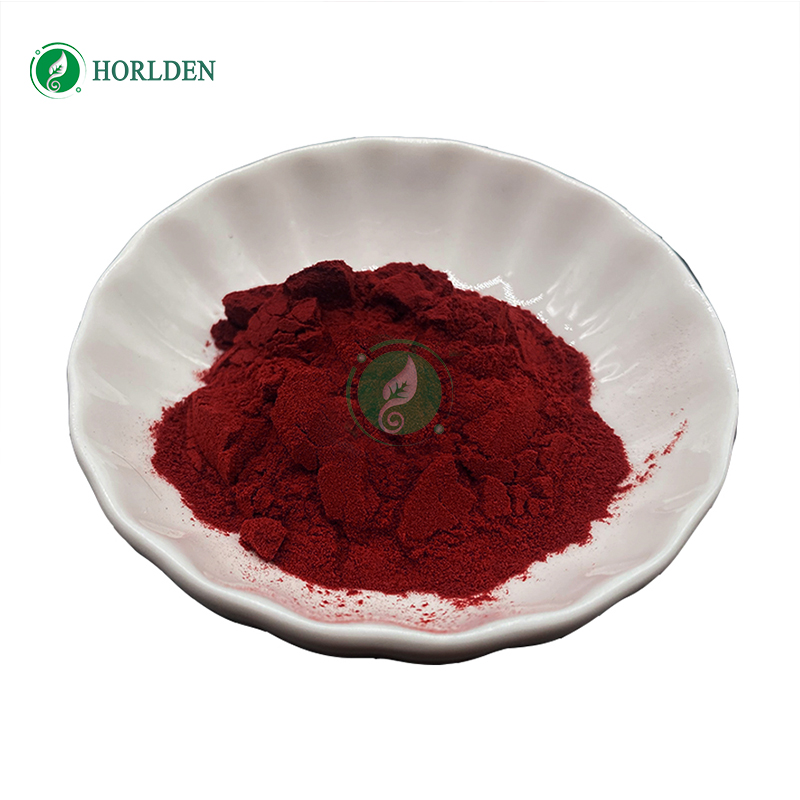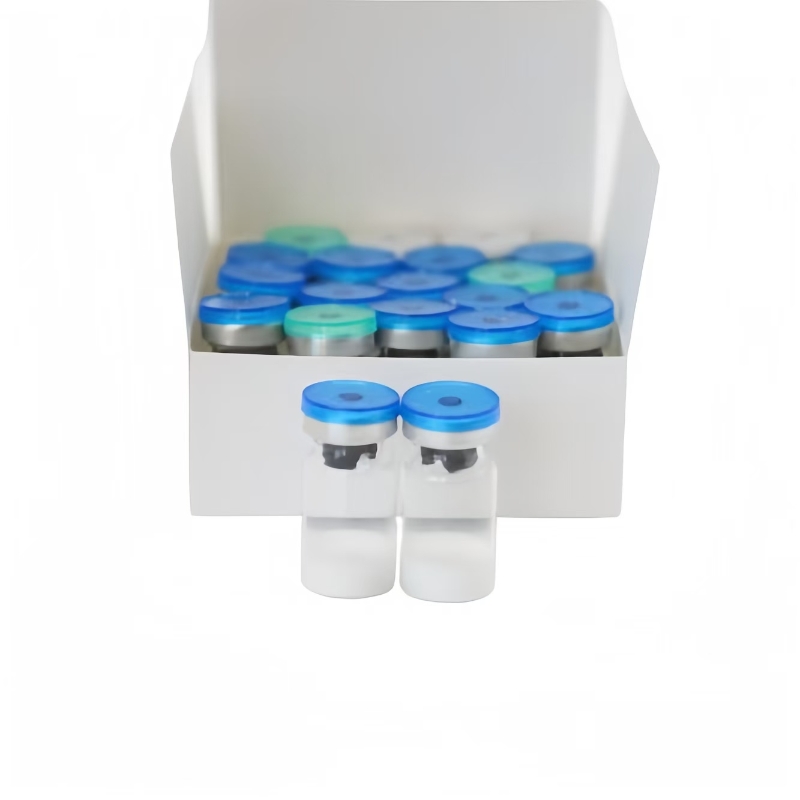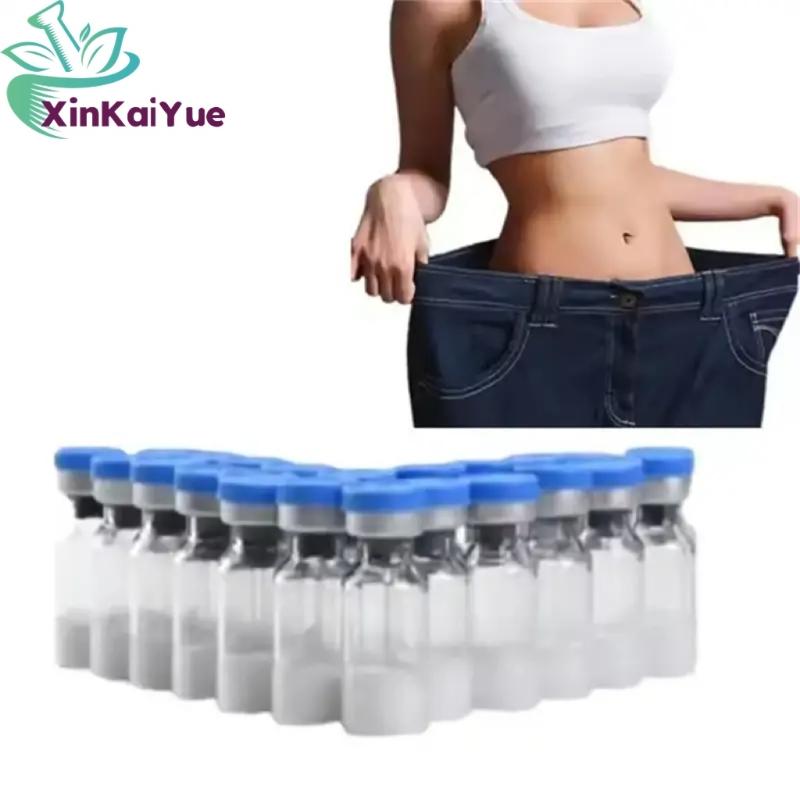"Report card" of the first batch of trial medical insurance payment antineoplastic drugs in Shanghai: "TiNi" domestic drugs challenge imported drugs
-
Last Update: 2018-02-25
-
Source: Internet
-
Author: User
Search more information of high quality chemicals, good prices and reliable suppliers, visit
www.echemi.com
On December 29, 2016, Shanghai Municipality issued the notice on the inclusion of some drugs in the payment of medical insurance after centralized purchase in this Municipality for trial implementation, which included 14 national drug price negotiation varieties with 24 generic names and some anti-tumor targeted drugs into the payment scope of basic medical insurance, and implemented it on January 1, 2017 After a year, what are the performances of these varieties in the terminal market? What will happen in the future? Some varieties were analyzed From the growth trend of Shanghai market in recent years, with the increase of tumor patients, the amount of anti-tumor drugs in Shanghai market is increasing year by year From January to November 2017, the year-on-year growth reached the highest point of 24.6%, which may be related to the inclusion of high-volume anti-tumor drugs in Shanghai Medical Insurance Traditional drugs are still the main force, but the growth rate slows down From the data of Shanghai sample hospital, the amount of anti-tumor drugs in Shanghai market shows an increasing trend year by year, with an obvious increasing trend, from 9.6% in 2015 to 24.6% in January November 2017 From the perspective of market share, at present, traditional drugs are still the main drugs, and pemetrexed disodium, paclitaxel and tegio account for a large amount of money From January to November 2017, the market share respectively reached 11%, 7% and 6%, and the three varieties accounted for a quarter of the total market of cancer drugs in Shanghai The market share of the top ten varieties is as high as 60% Except for three monoclonal antibodies, all the other drugs are traditional anti-tumor drugs In recent years, pemetrexed sodium ranks first in the market, with a market share of 11% It is the only variety with a market share of more than double digits Followed by trastuzumab, the market share of 8% However, the growth rate of traditional drugs is slow For example, pemetrexed disodium and tegio, the growth rate in January November 2017 was only 3% and 2.2%, respectively Pemetrexed disodium dropped from 16.8% in 2016 to 3% in January November 2017 For example, the growth rate of rituximab increased from 7.3% in 2014 to 95.5% in January November 2017, with the scale increasing by 2.6 times; the growth rate of bevacizumab increased from - 7.6% in 2014 to 109.8% in January November 2017, with the scale increasing by 3.8 times The sum of money of trauximab was next to pemetrexed disodium and paclitaxel With the support of Shanghai medical insurance, rituximab and bevacizumab increased rapidly The basic information of the first batch of anti-tumor medical insurance negotiation varieties of "TiNi" imported drugs in Shanghai is shown in Table 1, mainly including two categories: monoclonal antibodies and protein kinase inhibitors ("TiNi") (click the picture to enlarge) with the development of domestic "TiNi" innovative drugs, as well as the imitation and development of foreign patent expired drugs, domestic "TiNi" drugs have entered the market The continuous emergence of "TiNi" domestic varieties has a certain impact on the market share of foreign-funded enterprises, and it is hard to achieve high growth Exetinib and gefitinib were among the first national drug price negotiations Exetane is the first small molecule targeted anti-tumor drug with completely independent intellectual property rights in China It was developed by Zhejiang Beida Pharmaceutical Co., Ltd and approved by CFDA at the beginning of the 12th Five Year Plan for the treatment of advanced non-small cell lung cancer Its trade name is Kemena According to the data of Shanghai sample hospital, the market scale of ektinib from January to November 2017 was 56.5 million yuan, a year-on-year increase of 38.3% Since 2016, ektinib has entered the market of key varieties in Shanghai, breaking the unique market pattern of gefitinib When it first entered the market, it has occupied 37% of the market share of TiNi varieties With the improvement of imatinib's scale in 2017, a three legged market pattern has been formed for TiNi varieties in key varieties market, with each market share of about 30% Gefitinib has been greatly impacted by ektene and imatinib in Shanghai market Gefitinib is a selective EGFR tyrosine kinase inhibitor In February 2005, the original research drug of AstraZeneca entered the Chinese market, with the trade name of Iresa, and it is the "leader" of targeted drugs for lung cancer in China There is a great difference in the sensitivity of anti-tumor targeting drugs In particular, gefitinib showed a certain activity in EGFR mutations of lung cancer patients of different races, and its efficacy exceeded the common first-line chemotherapy From the data of Shanghai market, the growth rate of AstraZeneca has gradually declined in recent years, and reached the lowest point in 2017 With the strong entry of domestic Qilu pharmaceutical, it will be further impacted in the future Imatini currently shares the market pattern for four enterprises Imatinib of Novartis entered the Chinese market in 2002 Its trade name is Gleevec It is used to treat patients with chronic myeloid leukemia in acute stage, accelerated stage or after failure of α - interferon treatment; patients with malignant gastrointestinal stromal tumors that cannot be surgically removed or metastasized In 2013, imatinib film of Haosen, Jiangsu Province, was launched under the trade name of Xinwei In 2014, imatinib capsule of Zhengda Tianqing was launched under the trade name of genico; subsequently, imatinib tablet of Shiyao group was launched under the trade name of nolinine According to the market data of Shanghai sample hospital, the total market size of imatinib from January to November 2017 was 61.59 million yuan, of which, 82% was Novartis, 11% was Xinwei, 7% was genico and 0.02% was noriline From the market performance of 2017, the first batch of anti-tumor varieties in Shanghai for medical insurance payment pilot, the monoclonal antibody class benefited a lot In particular, the three major monoclonal antibody heavy weight varieties of Roche increased by 109.8% Trastuzumab, also known as recombinant anti HER2 humanized monoclonal antibody, is a targeted anti-tumor drug used by Roche company to treat HER2 positive breast cancer, and its trade name is Herceptin As a specific drug, trastuzumab is also the first-line treatment for HER2 positive breast cancer recommended by NCCN and other guidelines Breast cancer is the most common malignant tumor of women in the world and China, with an annual new incidence of more than 200000 For most breast cancer patients, surgery and hormone therapy are ideal treatment options However, for HER2 positive metastatic or recurrent breast cancer, the above scheme is often not ideal, and targeted therapy for HER2 is the best one at present Data shows that about 25% of breast cancer patients are HER2 positive, that is to say, more than 50000 HER2 positive patients are Herceptin adaptive population every year According to the statistics of Shanghai sample hospital database, Herceptin ranked first in the sales of monoclonal antibody drugs From January to November 2017, the sales of the drug in the sample hospital was about 280 million yuan, an increase of 34.8% year on year Since entering the Shanghai Medical Insurance catalogue in 2017, Herceptin's sales volume has increased significantly in 2017 Despite price concessions, the year-on-year growth rate of sales has reached a high in recent years Rituximab also weighed anti-CD20 mouse chimeric monoclonal antibodies The drug is a targeted anti-tumor drug of Roche company for the treatment of non Hodgkin's lymphoma, and the trade name is rituximab As a specific drug, rituximab has been listed as the first-line treatment of some lymphoma in NCCN and other treatment guidelines Although there are not many patients with NHL, rituximab is the top 10 best-selling drug in the world for a long time due to its high price According to the database statistics of sample hospitals, from January to November 2017, the sales volume of rituximab in Shanghai sample hospitals was 190 million yuan, second only to trastuzumab, with a year-on-year increase of 95.5% Entering the Shanghai medical insurance catalog is undoubtedly a good news for patients in Shanghai, greatly reducing the burden on patients, so 2017 saw a significant increase Bevacizumab is Roche's heavyweight drug for the treatment of metastatic colorectal cancer, which belongs to humanized anti VEGF monoclonal antibody Bevacizumab was approved by FDA in 2004, and the product is called Avastin The mechanism of its treatment for rectal cancer is to specifically combine with vascular endothelial growth factor (VEGF), prevent its interaction with receptor, play a variety of roles on tumor blood vessels, make existing tumor blood vessels degenerate, cut off oxygen and other nutrients needed for tumor cell growth, and improve the effect of chemotherapy drugs It was approved by Japan PMDA on August 18, 2007, and China CFDA on February 26, 2010, and sold by Roche in the United States, Europe, Japan and China The approved indications of the drug are metastatic colorectal cancer, non squamous non-small cell lung cancer, cervical cancer, ovarian cancer, metastatic breast cancer and malignant glioma From January to November 2017, the sales volume of meropene in Shanghai sample hospital was 130 million yuan, ranking the third in the scale of McAb varieties, with a year-on-year growth of 109.8% From the perspective of growth trend, the growth rate has gradually increased in recent years, and in 2017, with the help of medical insurance, the largest growth rate in recent years In the short term, exclusive varieties still have innate advantages Because of the characteristics of monoclonal antibodies, such as strong targeting, high specificity and low side effects, they represent the latest development direction in the field of drug treatment, and have been vigorously promoted in the field of anti-tumor and autoimmune system defect treatment In recent years, many enterprises specialized in monoclonal antibody production have emerged in China, such as CITIC Guojian, Baitai biology, etc., but generally speaking, there are technical problems in antibody industry in China, such as low expression level of cell lines, small scale of culture, insufficient purification capacity, etc., which limit the production capacity of antibody drug industry in China, thus restricting the development process of the industry.
This article is an English version of an article which is originally in the Chinese language on echemi.com and is provided for information purposes only.
This website makes no representation or warranty of any kind, either expressed or implied, as to the accuracy, completeness ownership or reliability of
the article or any translations thereof. If you have any concerns or complaints relating to the article, please send an email, providing a detailed
description of the concern or complaint, to
service@echemi.com. A staff member will contact you within 5 working days. Once verified, infringing content
will be removed immediately.







